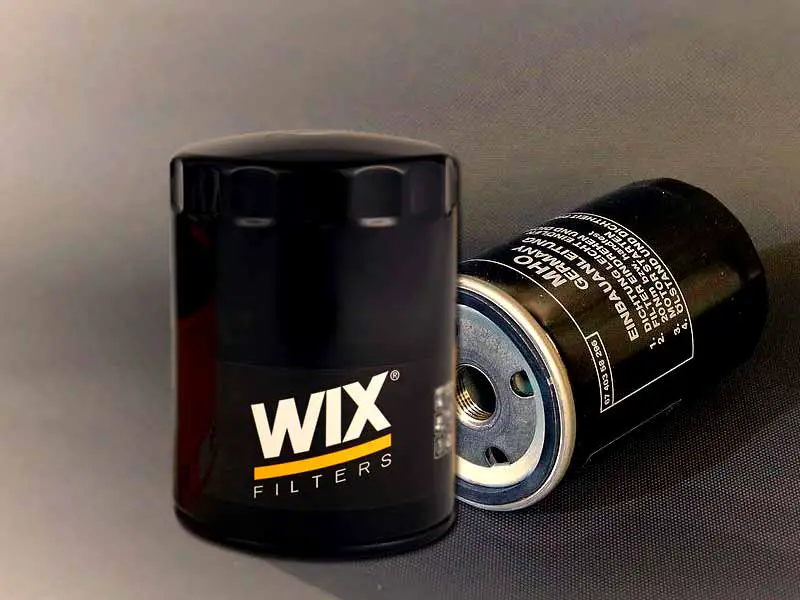German organization bought WIX and shut the Dillon service in 2016 that had produced WIX goods locally for more than 40 years.
WIX oil filters are owned and made by the Mann + Hummel company in Germany.

In 2016, the WIX was acquired by the worldwide filtration industry giant with its headquarters in Ludwigsburg.
In addition to the US, the company now manufactures its WIX oil filters in Mexico, Poland, China, Ukraine, Poland & Venezuela.
German organization Mann + Hummel, a leading company in filters business, bought the firm of Affinia Group in 2016, which retains WIX brand.
Table of Contents
What are WIX Oil Filters?
The combustion chamber of the engine is sensitive place which need cleanliness.
To keep the chamber, clean the filters are used that prevent the contaminants from getting into oil.
The oil filter reduces wear on the engine’s closely spaced moving parts while also lowering the risk of damage.
“WIX oil filters are well-known for their superior engine oil filtering.
Whether you choose natural, synthetic, or a synthetic blend of oil, you can be confident that your engine will run smoothly for a reasonable amount of time between oil changes.”
One of the business organizations that recognized the value of oil filters for automobile engines is WIX.
Oil Filters have been delivered by them all over the world. Additionally, their goods show great promise.
Where are these filters made?
The filters are built in Gastonia, North Carolina. Mann + Hummel a multinational firm with extensive production facilities on four continents, including North America, South America, Europe, and Asia.
According to their site these filters are also produced in Poland, Canada, Brazil, Venezuela, Mexico, Ukraine, and China.
What are the types of filters & products they make?
In addition to air dryers, coolant, hydraulic oil, and urea filters, the WIX-Filters also makes gasoline, oil, air, and cabin air filters.
All these products are supported by a variety of additional goods. We offer a wide variety of filters for industrial machinery, including those utilized in hydraulic and pneumatic systems.
The filters are divided into two categories.
Light Vehicles & Truck Filters
PRO-TEC Filter
PRO-TEC filter is perfect for regular motor oil. It is very good for vehicles that are used for daily travelling and doesn’t have strengthening routine. These types of filters are convenient if you replace your oil at regular intervals of 3,000 to 5,000 miles.
WIX Filters
This filter is used conventionally for synthetic and blended oil motors.
These filters give best performance even when you drive in dusty and harsh conditions.
It is perfect for you if you change your oil every 3,750 to 10,000 miles, not more than once every 12 months.
WIX XP Oil Filters
This filter is used for filtering synthetic motor oil, used in light trucks that are used for loading and in front of trailers.
It is perfect for you if you change your oil every 3,750 to 10,000 miles, not more than once every 12 months.
Heavy Duty Filters
WIX XP Oil Filters
These filters are designed to increase the number of miles between oil changes by 50%.
These filters give extended intervals between oil changes when combined with precise oil analysis.
These filters last longer and performs cleaner and more effectively.
It captures greater than a 50% contaminant.
WIX XE Oil Filters
In harsh conditions, these are the most efficient and cost-effective filter.
This filter has microfiber glass medium that is used to filter out tiny contaminants, that destroy engine.
Provides less resistance to oil flow and improved starter protection, particularly in cold conditions.
Unlike cellulose media, these filters have glass media that does not absorb water.
WIX ecoLAST Oil Filter
These filters are used in heavy machinery and trucks.
They have double oil drain system that can save considerable amount to owner of large fleet of truck.
By deploying precisely designed media, it grabs soot and grime like a typical filter.
The vehicle requires no repairs or modifications because of the direct replacement.